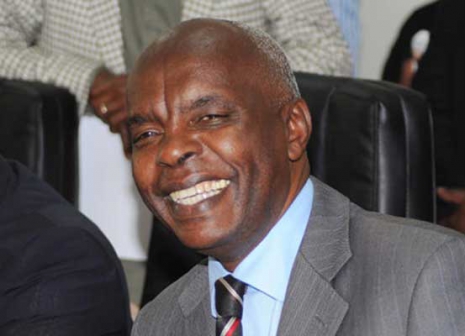×
The Standard e-Paper
Kenya’s Boldest Voice

Follow the Jubilee route. This is the advice Makueni Governor Kivutha Kibwana is offering CORD leaders Raila Odinga, Kalonzo Musyoka and Moses Wetang’ula.
He dismisses political parties in Kenya as a big joke, and thinks the “Young Turks” raring to run the old guard out of town, will not achieve much.